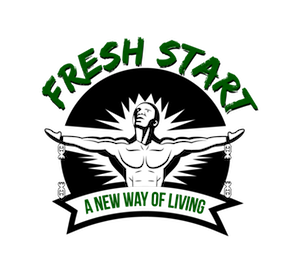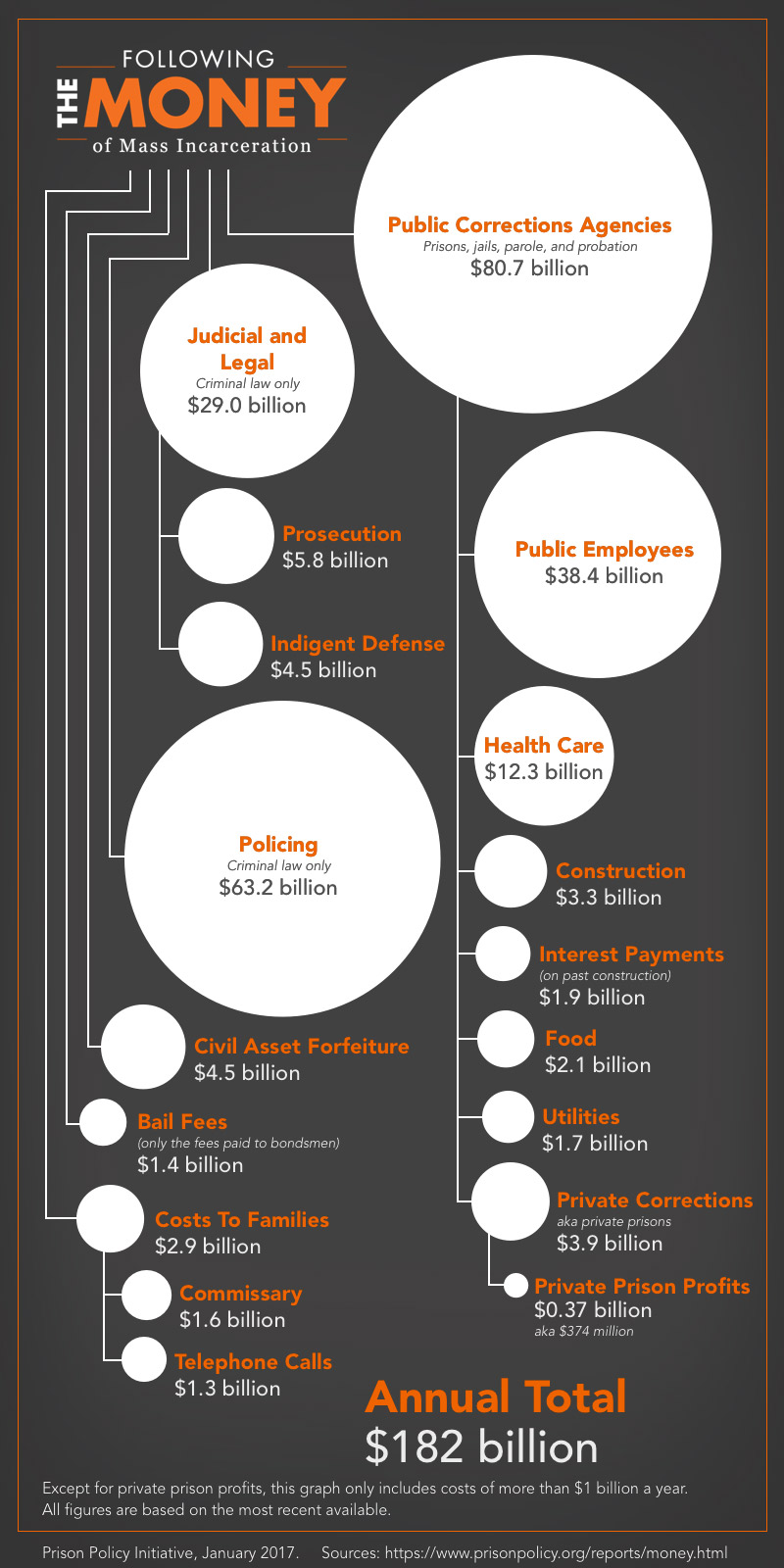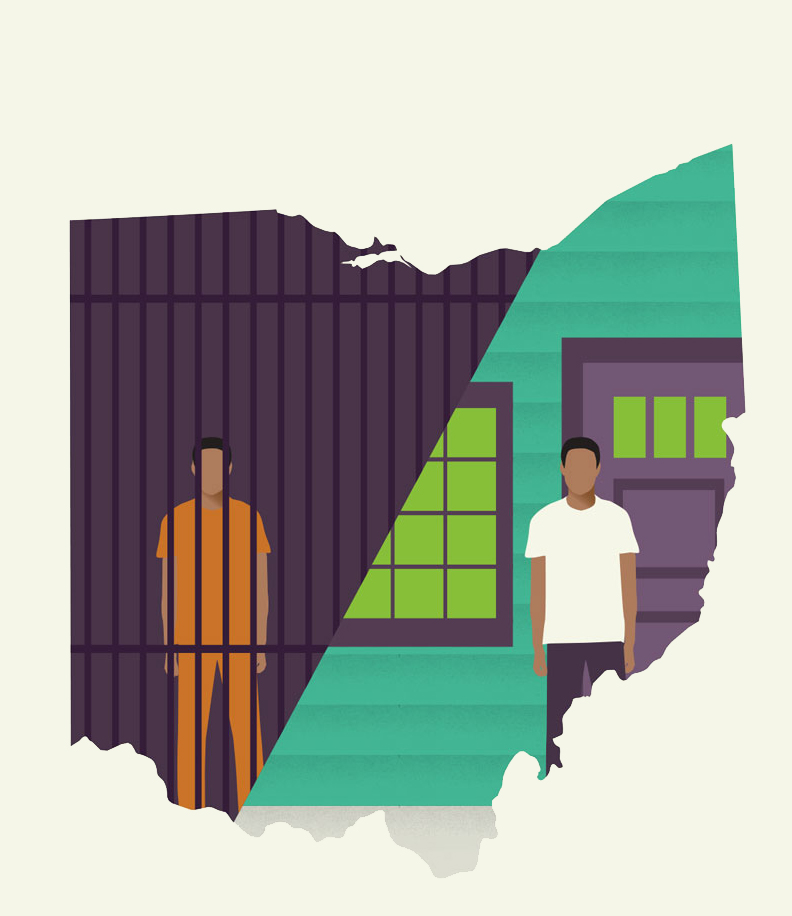A Lack of Mental Health Infrastructure Creates Further Problems
Mental Health Infrastructure
Many individuals who have experienced trauma in different forms develop further problems that derail them from a healthy and balanced life. Children who are abused or who experience violence at a young age often develop Post Traumatic Stress Disorder, Anxiety, Depression, or other Anti-Social Behavior Disorders that can lead to acting out if not treated.
When mental health issues are suppressed or ignored, our youth is not given the chance to heal from their trauma, and therefore are subject to a variety of behavioral setbacks. Many of these individuals end up entering the criminal justice system for these reasons.
Home Life
As children grow and develop at home, a plethora of factors affect not only their minds, but their connected behaviors. Trauma causes an impact on development, behavior, emotional functioning, and cognition. In fact, children who experience trauma in any form are 45% more likely to commit acts of delinquency. With an overwhelming number of children whose home life has exposed them to physical, emotional, sexual, or substance abuse, our children are subject to mental health issues that, if untreated, can result in a rise in criminal acts and entry into the criminal justice system.
Schools
Zero Tolerance policies in schools created a school-to prison-pipeline, which disproportionately pushes minority students into the juvenile justice system by having them arrested by school discipline officers. Not surprisingly, the pipeline often captures children who have underlying, often undiagnosed and untreated mental health disorders, substance abuse disorders, and developmental disabilities. Many of the schools lack the resources and trained personnel to deal with these children. Redesigning counseling and discipline practices for these children in need, will help them to learn and thrive instead of promoting regression through punishment.
Criminal Justice Systems
The criminal justice system also often lacks the knowledge and tools to appropriately with those who have committed crimes based on mental disorders. Instead of treating the source of the problem by offering education and therapy, the symptoms are treated only through punishment, which leads to a cycle of release and re-entry later on. Due to sustained closure of mental and behavioral health hospitals, there is a shortage of effective mental health services with the inadequate supply of community based mental health services. A better option is needed to assist youths in the criminal justice system whose behavior is a result of abuse or trauma. District Attorney of Worcester County, Joe Early, who practiced Mental Health Law for 17 years says “our prison have become warehouses for people with Mental Health Problems“. A deficiency of accurate data on the existing conditions within the criminal justice system is hurting the progress of improving mental health needs and services.
Police
Public mental health system resources have been depleted and as a result, police officers are often first responders to mental health crises. Someone with an untreated mental illness is 16 times more likely to be killed by a police officer. This is due to insufficient training given to law enforcement personnel in regards to appropriately handling situations involving individuals with mental health disorders. If police officers received the training necessary for dealing with this particular population, then the encounters between a person suffering from mental illness and police officers will less likely end in tragedy.
Probation/Parole
Mental health issues and substance abuse has caused an increase in people on probation, which in turn increases a probation officer’s caseload. Probation officers are often limited in their options for helping these individuals, and agencies lack the partnership with proper service providers for the mentally ill. Probation departments complain that they do not have the resources or time needed to provide the services their clients require in order to be successful and stay away from the criminal justice system. They lack the partnership with mental health service providers in order to adequately meet the special needs of the individuals they’re helping. Probation officers are limited in the options they have to provide positive or negative reinforcement. Without proper consultation and guidance, many of these individuals end up back in the criminal justice system.
Correctional Facilities
Once in jail, many individuals don’t receive treatment and end up getting worse. 64% of inmates in jail have mental health issues, and 83% of these inmates do not have access to much needed treatment. Within the facilities there is a shortage of trained mental health staff and treatment options. Experiences behind the walls, like for example tight overcrowded quarters, the utilization of solitary confinement, the presence of violent/dangerous offenders, the increased risk of violence and brutality, and sexual abuse can cause existing mental health conditions to foster and new, possibly irreversible ones, to arise.
Recidivism
Most inmates with mental illnesses do not receive follow up treatment. After their release, these individuals no longer have access to the much needed healthcare and treatment. Due to untreated mental health conditions, many individuals have a hard time re-entering society after their release. Without proper treatment, these individuals end up back in jail 3-5 times more likely than those without mental illnesses. Criminal records often make it hard for individuals to get a job or housing, and without access to services, many wind up homeless, involving themselves in the same activities that got them imprisoned, abusing substances to try to self-medicate these issues, and more than likely rearrested.
Solutions
Fresh Start is a program where intervention for these individuals happens earlier in the process, offering assessment and therapy to those in the criminal justice system who need help. We believe that the earlier youths receive the proper type of therapy or care, the better off they will be and the more likely they are to learn to deal with trauma and stress in a healthy way. Fresh Start is a model to other organizations who want to help with these pressing problems, and a large part of the solution. With more funding, Fresh Start will be better equipped with knowledge and procedures on how to best treat those who have experienced trauma or mental health disorders.
Mental Health Court
We here at Fresh Start are doing everything we can to spearhead reforming these policies, but our efforts would be amplified by a Mental Health Court. Boston has 3 Mental Health Courts, but there are none in central Massachusetts. Judge Roanna Sragow says “People with a diagnosis of mental illness in the criminal justice system should be treated differently in that the system has to take into consideration the fact that due to the mental illness they are criminally responsible. But, the mental illness is certainly having an impact on the decisions they make”. The honorable Judge Allard Madaus also says “In his dream world, the recently opened courthouse in downtown Worcester would have been constructed with a hospital on the first floor, a detox center on the second, a mental health clinic on the third, and court rooms on the very top—reflecting the importance of each institution in treating deviant societal behavior.” Read his full article here.
Fresh Start Partnerships
Fresh Start believes in the power of community, and we are committed to working closely with local organizations to better ourselves and others. Many of our local partners support us through things such as sponsorships or training sessions, while others provide a path for our youths to enter through internships or community projects. Take a look at a few of our partners.







